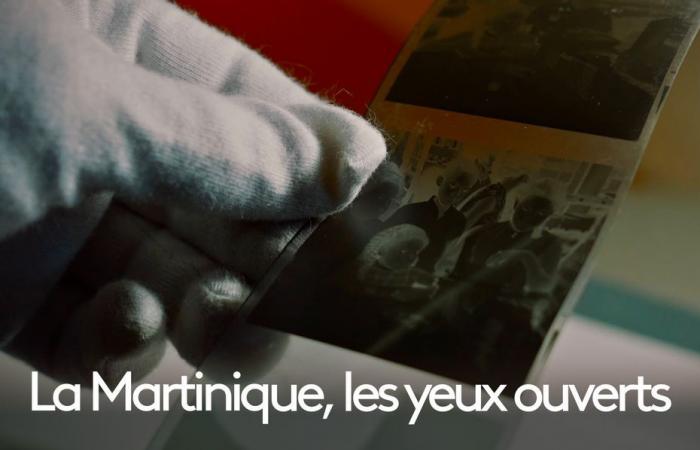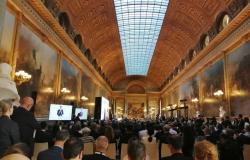
Unknown to the general public, the talented photographer, Arlette Rosa Lameynardie, took a different and sensitive look at Martinique from the 1960s to the 1980s. Discover with this documentary the journey of a woman, a passionate reporter whose photographic heritage bears witness to the transformation of Martinique society.
In 1961, Arlette Rosa Lameynardie arrived in Martinique, a discreet young woman accompanied by her camera. She was one of the first women to practice the profession of photographer there. Between the 60s and 80s, she immortalized many scenes of Martinican life but also many places.
A photo is only interesting if it says something.
Look here Martinique, eyes open in its entirety.
Arlette Cohen-Rosa was born in 1930 in Paris. A child in hiding during the Second World War, she began her career as a photographer in 1948 and produced her first reports for the communist press: Humanity, This eveningand the magazine Regards.
In 1961, she moved to Martinique, with her husband, Alain Lameynardie. She opened her photo studio in Fort-de-France and was passionate about the local culture and the living conditions of the inhabitants, particularly those of farmers and fishermen.
•
©Arlette Rosa Lameynardie
In 1964, she made a name for herself by producing a photo report of General de Gaulle's official trip to Martinique, during which the head of state ruled out any change in the departmental status of Martinique, despite the opinion expressed by part of the population during electoral consultations. His photos were published in the special edition of the daily France-Antilles, released on March 24, 1964.
•
©Arlette Rosa Lameynardie
After founding the Fort-de-France studio, she turned to writing. His children's books and his collection of photos enrich the cultural heritage of Martinique and are now preserved in the departmental archives.
In 2017, the Archives du Morne Tartenson exhibited a retrospective of his work entitled “A changing world. Martinique seen by Arlette Rosa-Lameynardie 1960-1980”.
•
©Arlette Rosa Lameynardie / Les beaux docs and 13 Prods
A pioneer as a female photographer in Martinique, Arlette Rosa-Lameynardie captured with finesse the landscapes, expressions and faces of a bygone era, far from any folklore. Like Henri Cartier-Bresson, Willy Ronis and Robert Doisneau whom she admired, she knew how to humbly place her objective at the level of a man, a woman and a child.
•
©Arlette Rosa Lameynardie
Beyond her professional activities, she has a particular interest in the territory and a sociological look at its population and its daily rhythm. Arlette Rosa Lameynardie is particularly interested au peasant world and that of fishermen.
It is an imagination that is in turmoil in front of the photos of Madame Lameynardie.
Freddy VaudranResponsible for iconographic collections
In 2001, the Arlette Rosa Lameynardie photographic collection enriched the archives with images of Martinique taken between 1960 and 1980. 20 years of testimonies which tell the story of the transformation of society.
•
©Arlette Rosa Lameynardie / Les beaux docs and 13 Prods
Arlette Rosa Lameynardie's commitment to social justice and her dream of a world without racism shine through in all the reports she has produced.
•
©Arlette Rosa Lameynardie / Les beaux docs and 13 Prods
Like the great humanist photographers, Arlette Rosa-Lameynardie shares with humility and sensitivity, through her photos, the essence of Martinican life and leaves behind a precious artistic and social heritage.
•
©Les Beaux Docs & 13 Prods
Find out here Martinique, eyes open in its entirety.
Duration : 52 min
Writing: Arlette Paquit & Virginie Berda
Realization : Virginie Berda
Production : Les Beaux Docs & 13 Prods
© 2023





